|
|
|
|
Nau mai, haere mai.
With a month till election day, the polls have generally been pointing in one direction for some time. One should always be cautious about their predictive power, as well as the risk of self-fulfilling prophecy, but there’s no denying the Labour Party could do with a reversal of fortune pretty soon.
On the other hand, the left-right contest for power tends to disguise some other electoral currents that might, in the longer term, have more bearing on the country’s own direction. And if National gets to form the next government, Richard Shaw writes today, it will sail directly into a shifting and unpredictable current on the right of New Zealand politics.
In particular, the ACT party has made serious inroads into constituencies National might once have felt it owned, both rural and urban. “Luxon would find the day-to-day management of a National-ACT administration a challenge,” Shaw writes, “much less a minority National government reliant on ACT for parliamentary support, as David Seymour has suggested could happen.”
You might also want to read Susan St John’s illuminating analysis of the Labour-National policy consensus on Working for Families and its implication for the poorest households. There will be more election coverage over the coming month.
But this week we’d also love to hear from you. Please take part in our reader survey to tell us what you like about The Conversation and what we could be doing better. It only takes ten minutes, and we’ll use your ideas to guide future decisions. Until next week, mā te wā.
|

|
Finlay Macdonald
New Zealand Editor
|
|
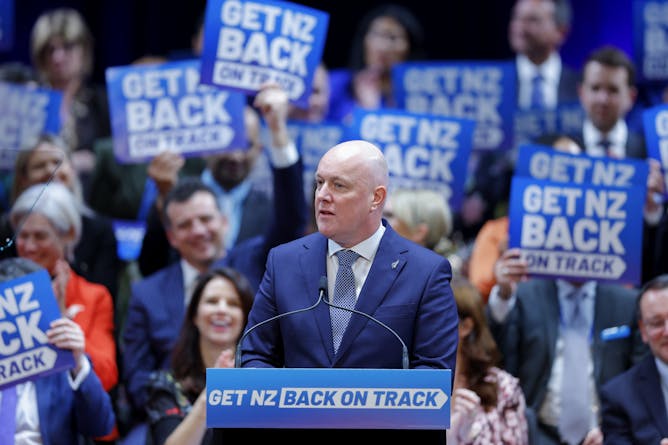
Richard Shaw, Massey University
The landscape on the right of New Zealand politics is changing. If Christopher Luxon leads National to victory, his first test will be dealing with several potentially difficult coalition partners.
|

Christopher Cornwall, Te Herenga Waka — Victoria University of Wellington; Wendy Nelson, Auckland War Memorial Museum
New Zealand’s kelp forests provide food and shelter for many marine species of commercial and cultural value. But they are at risk from warming oceans, run-off from land and marine invaders.
|

Susan St John, University of Auckland
Both major parties are promising to increase payments for families ‘in work’. But the changes will only entrench the problems already faced by beneficiaries and the working poor.
|

Dulani Jayasuriya, University of Auckland; Jacky Liu, University of Auckland; Ryan Elmore, University of Denver
A new machine learning model can pinpoint anomalies in sports results – whether from match fixing, strategic losses or poor player performance. It could be a useful tool in the fight against cheating.
|
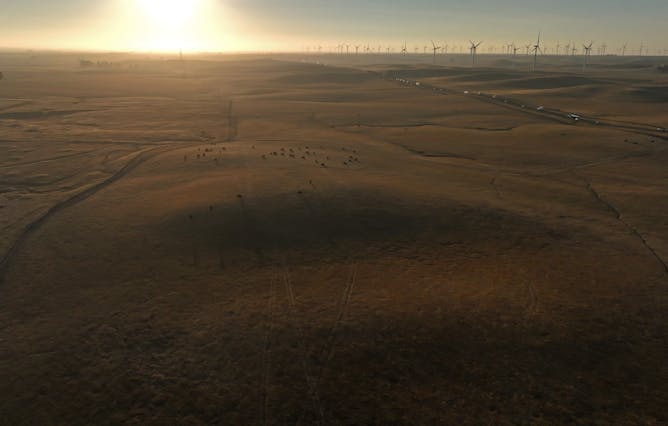
Iain White, University of Waikato
A controversial new city project in northern California has echoes of past utopian plans – but idealism and commercial reality have always been uneasy partners.
|

Aaron Gilbert, Auckland University of Technology; Ayesha Scott, Auckland University of Technology
New research has found 20% of young people are struggling to keep on top of their ‘buy now, pay later’ debt – leading to long term financial harm.
|
From our foreign editions
|

Jesús Galindo-Zaldivar, Universidad de Granada
The earthquake was caused by the collision of two tectonic plates.
| |

Andrea Carson, La Trobe University; Rebecca Strating, La Trobe University; Simon Jackman, University of Sydney
The ‘no’ side is successfully engaging young people on TikTok by combining volume (posting multiple TikToks a day) with authenticity, use of personal narratives and humour.
|

Erica Mealy, University of the Sunshine Coast
Google is paving the way to serve you ads based directly on your browsing history, instead of cookies.
| |

Drew M. Dalton, Dominican University
For Buffett, escapism was not merely some fiddling flight of fancy. It acknowledged the brutalities and indignities of everyday life.
|
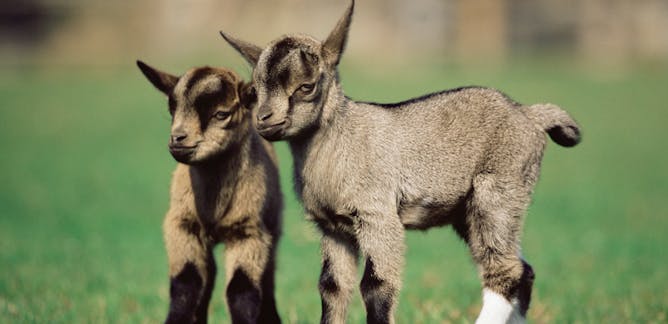
Michael Jaffe, Mississippi State University; Tracy Jaffe, Mississippi State University
Animals often give birth to litters of more than one offspring at a time. But are those babies twins?
| |

Thomas Gift, UCL
Some people are concerned that US democratic systems are stretched and under threat. An expert looks at the evidence.
|
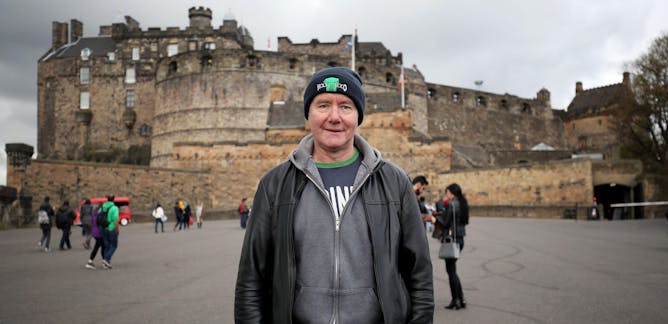
David H. Fleming, University of Stirling
A riveting and insightful portrait of the much-read Trainspotting author, replete with funny stories and memorable anecdotes.
| |
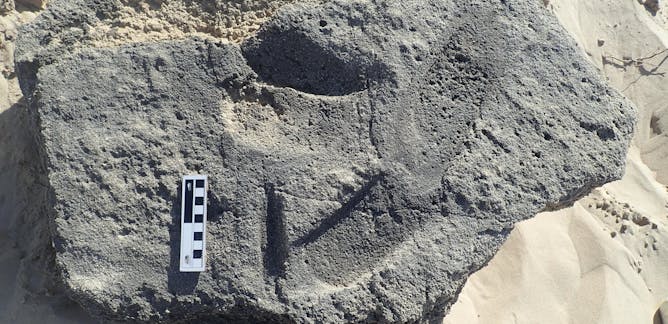
Charles Helm, Nelson Mandela University
Trackway findings support the notion of southern Africa being one region where human cognitive and practical ability developed a very long time ago.
|
|
|
| |
| |
| |

|
| |
| |
| |
| |
| |
| |
|
|
|
|
|
|
|